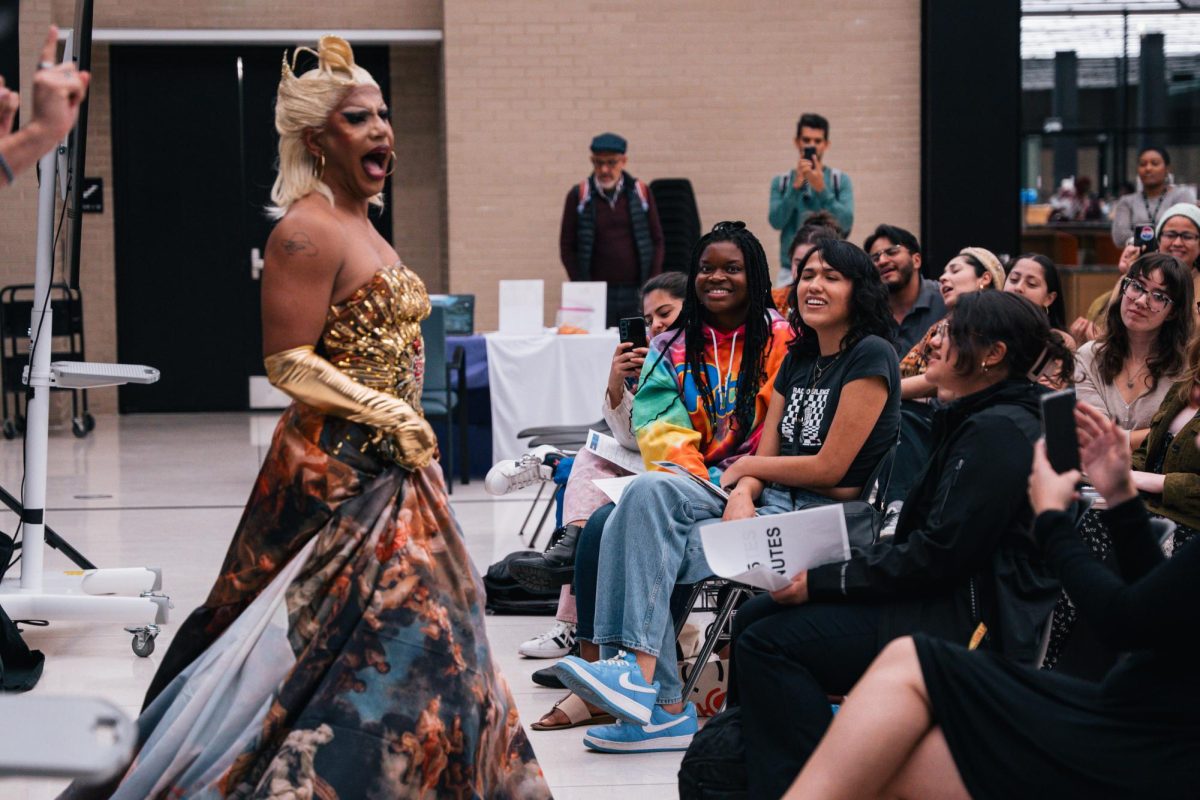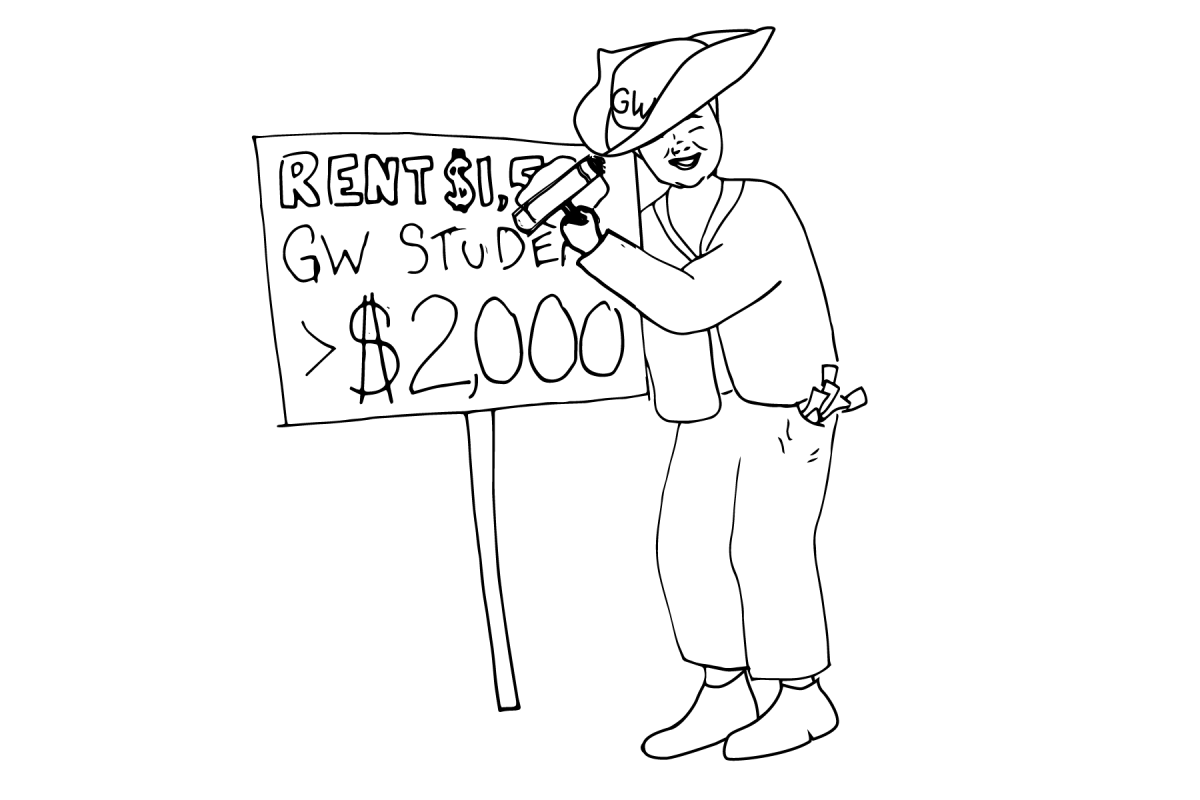“I never dreamed that I’d have the opportunity to attend a university, especially in the U.S.,” Makwei Mabioor Deng said. “It was like something out of the movies.”
Deng was selected to receive a full scholarship to GW as part of the Banaa Scholarship Program because of his academic talent and his desire to bring about change in his native country of Sudan. Now, with the publication of a new book called “Pioocku Thuongjang,” (“Let’s Learn Dinka”) Deng is starting to make his vision a reality.
Deng lived in Sudan until he was six years old, when his village was attacked during Sudan’s ongoing civil war. He said he can still recall the horror, as he watched innocent men, women and children attacked by the Janjaweed, a government-supported militia.
The war forced Deng to flee to a refugee camp in Kenya, where he attended primary school. Even at a young age, Deng said he understood that the combination of education and literacy was the key to success.
“They bring about development on an individual and national basis,” Deng said.
The genocide that forced Deng to flee Sudan, may rear up again as citizens in southern Sudan voted Sunday on a referendum to form a new nation, a decision that threatens to break a 2005 peace agreement and renew a half-century of civil war in the African nation.
By the time Deng completed high school, he realized that part of the reason Sudan was suffering as a country was its lack of a written language. While a widely spoken dialect in Sudan, Dinka lacks a cohesive written vocabulary.
“If these people could learn to read and write in Dinka they can learn to do other things, like create a business and make lives for themselves,” Deng said.
Because Deng did not have the funds to go to college, it was the perfect time to dedicate his efforts toward the creation of a Dinka language book.
“Circumstances were traumatic, but I turned it around,” he said. “I wanted to do something that would help my community.”
Deng showed remarkable resilience throughout the year-long writing process, even though he had never written a book and “wasn’t sure how to plan it.” When he started writing in 2006, Deng did not have access to a computer in his poverty-stricken refugee camp, forcing him to write the entire book by hand.
“It was a great challenge,” he said.
Though he completed the book by 2007, Deng did not have the resources to publish the book until he was brought to GW the following year.
“Being here is what made it possible for my book to be in book form,” he said. “I used computers to plan the outline of the book and get photographs that would entice readers.”
Now, “Let’s Learn Dinka” is complete, published and available for purchase on Amazon.com.
Unfortunately, the more than 14 million illiterate people of Sudan – those who would benefit from the book the most – cannot afford to purchase it.
“These people need food, water and shelter. They are literally living to survive,” Deng said. As a result, there is a lack of emphasis placed on the importance of literacy and education in Sudan. “Survival is their top priority.”
“My aim is to engrain the meaning of an education. I want these people to understand that education is the key to making better lives for themselves,” Deng said.
With the help of University funding, he wants to send copies of his book to Sudan, saying, “I will not feel accomplished until the people of Sudan receive it and are helped by it.”
Deng, now a philosophy major with aspirations of .attending law school, is proud that his book is complete. “I now know that I can think about something, I can do it, and I can achieve it,” he said.
Eventually, Deng plans to return to Sudan.
“This is my ultimate goal: to go back and make a difference,” Deng said.





